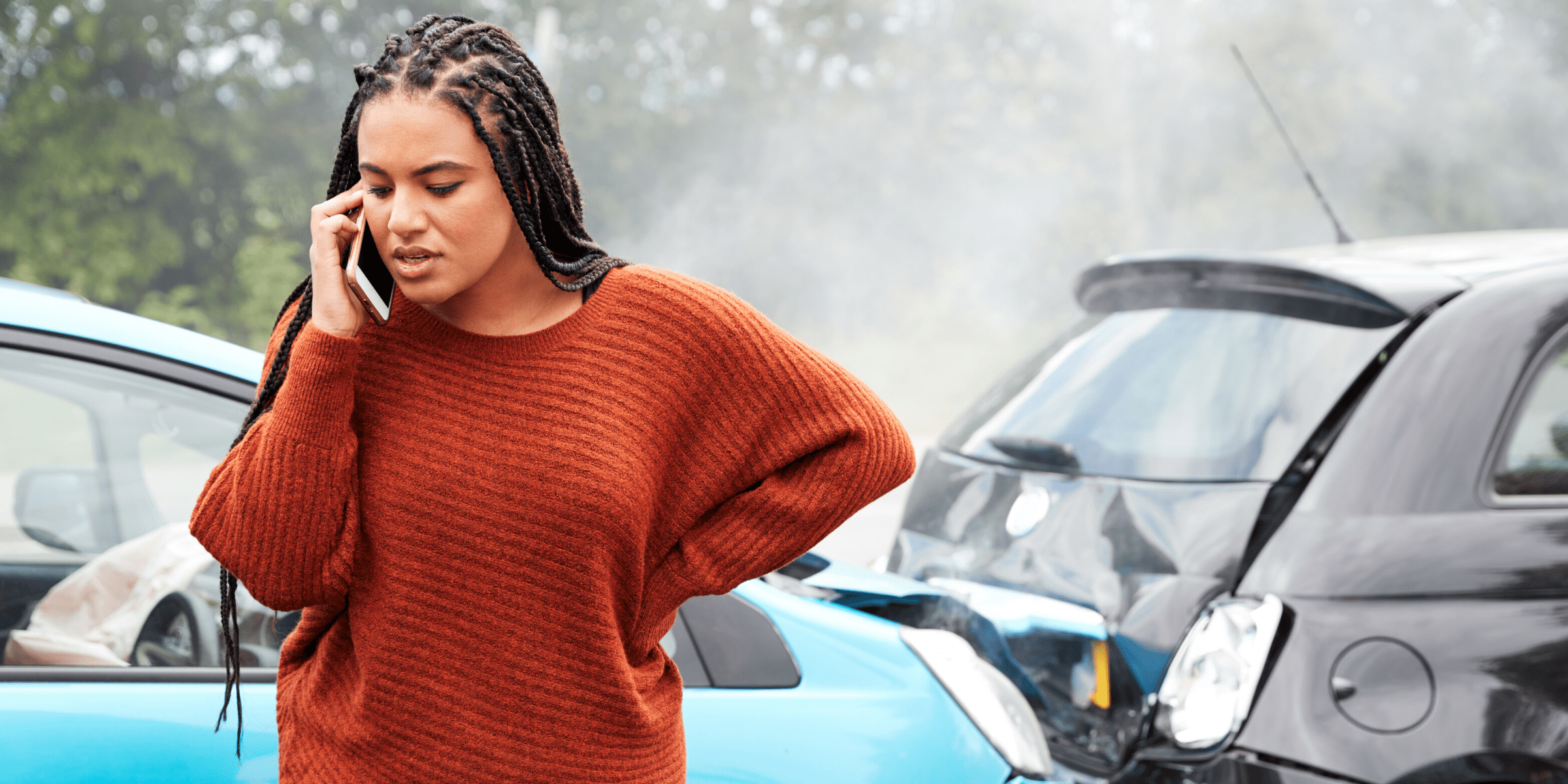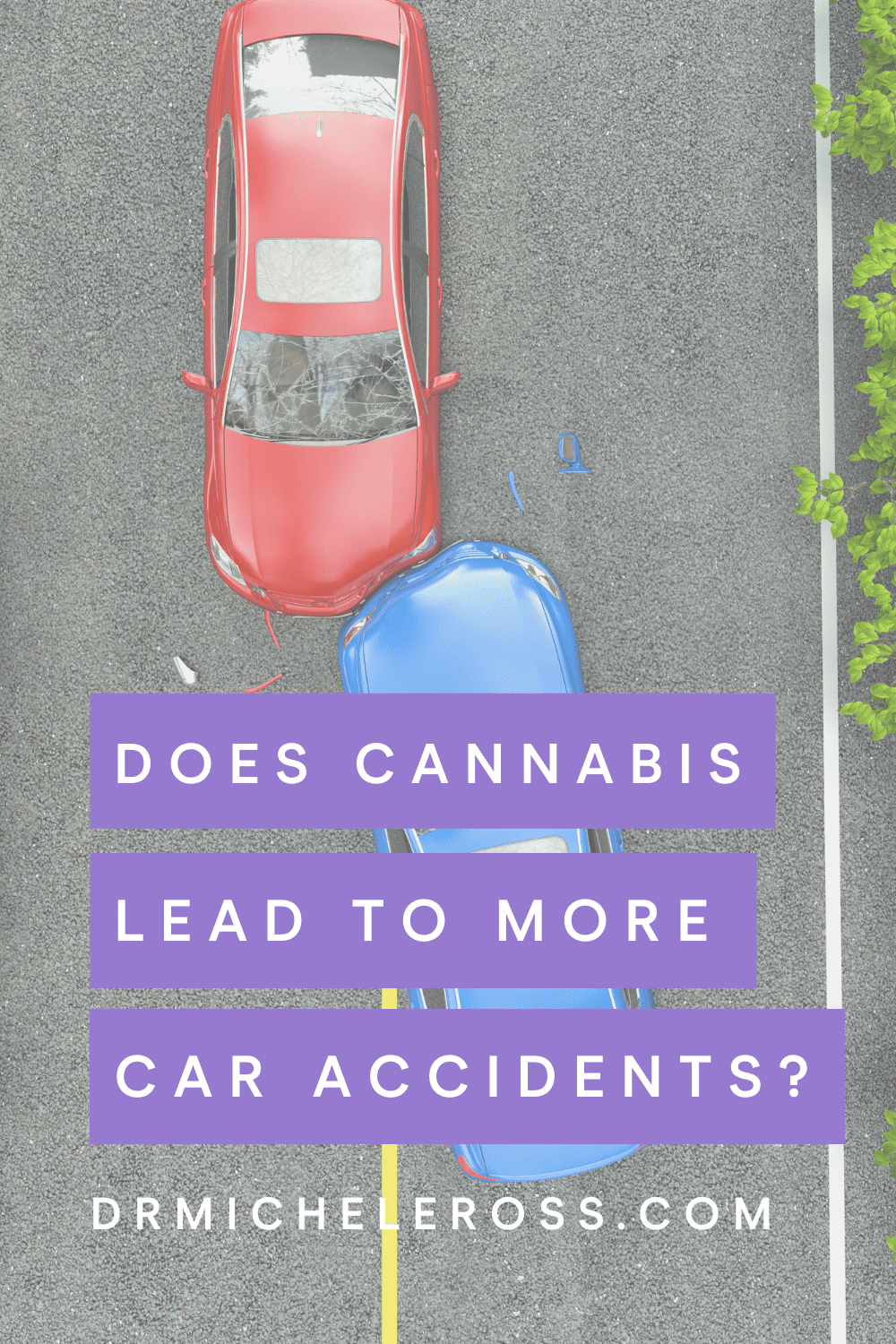
Is it really the case that marijuana impacts your faculties so much that it is hard to drive? In this guide, we’re taking a look at the evidence behind mairjuana use and auto accidents.
Many people who are looking for the help of a DUI lawyer are trying to prove that their judgement was not impaired, and the truth is that there are many different factors involved.
Is It Legal To Drive Under The Influence of Marijuana in California?
No, it is not legal to drive under the influence of marijuana if it affects your driving. Though marijuana isn’t specifically mentioned, the California Vehicle Code 23152(f) prohibits driving under the influence of drugs and states that “any drug, whether illicit or prescribed, can lead to DUI charges if it impairs the person’s driving ability.”
Another related offence is possessing marijuana while driving, which can see you in more trouble. If you get caught with cannabis in your system you need to prove that it wasn’t impairing your driving.
Psychopharmacologic Effects of Marijuana
People who have taken marijuana will know that it does affect your brain, and while you might perceive that it just makes you feel a bit more relaxed, there is plenty of other stuff going on.
Psychopharmacological effects can include toxic psychosis, ‘flashbacks’, derealization and even some impact on cognitive and motor function. This study shows more about the impact of marijuana on your system, and it is clear how this may impact driving.
Studies of Marijuana and Impaired Driving
Studies Have shown that the impact on peoples’ motor function makes it harder for them to stay safe on the roads.
Most of the studies have focused mainly on THC rather than CBD. THC is the psychoactive substance within cannabis and this can greatly impact your function, but CBD, while sedative in its nature, may not have such a profound influence.
Studies of The Relationship Between Marijuana and Motor Vehicle Crashes
Some of the biggest studies have clearly shown a relationship, not only between marijuana and motor vehicle crashes, but with higher levels of THC in the drivers’ system and more serious accidents happening as a result.
In a lot of examples, motor vehicle crashes that involved marijuana also involved alcohol, which makes it less clear whether marijuana’s impact was the cause of the accident or merely coincidental.
Does Marijuana Increase the Risk of Vehicle Crashes?
There are studies to the contrary, too. A study from Johns Hopkins University School of Hygiene and Public Health concluded that “there is no evidence that consumption of cannabis alone increases the risk of culpability for traffic crash fatalities or injuries for which
hospitalisation occurs.”
Some of the statistics in this same study suggest that alcohol could be a far bigger problem, and mixing cannabis with alcohol while driving leads to a much higher chance of a serious accident taking place.
What Percentage of Car Crashes are Caused by Marijuana?
One study found that 21.5 percent of accidents involve cannabis, which has been a significant increase in recent years. That said, the increase of marijuana use could have contributed to this increase in a coincidental way. However, that is not to say that the increase in cannabis use has not led to more accidents, and many studies have found that cannabis has played a part. There are people currently in jail serving time for DUIs based on their cannabis consumption, so it is clear that the courts have decided that it can play a part in accidents.
There is definitely a debate to be had around “cause and effect”. Just because somebody is found to have cannabis in their system doesn’t necessarily make them culpable for the accident, and there are studies that suggest very little impact on your ability to drive having taken marijuana, especially if people have consumed lower-THC varieties or the cannabis was consumed some time ago.
This is one of the reasons for the help of a DUI lawyer if you have had an accident and there was marijuana involved in any way. Establishing exactly what happened is crucial to a fair outcome of any trial.
Pin This Post





